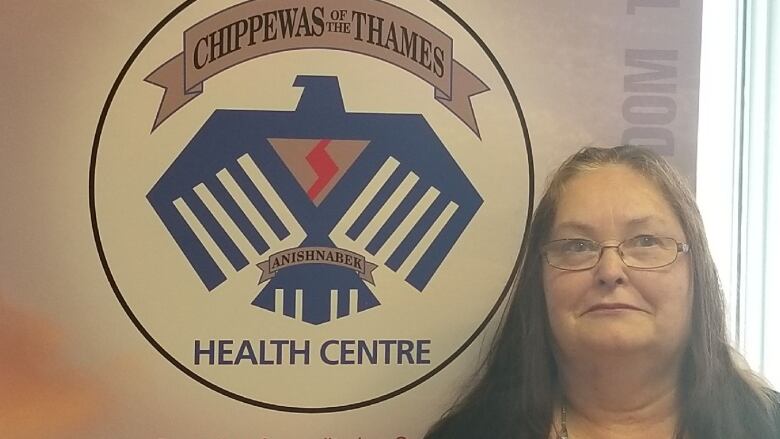New mental health crisis team to serve First Nations in southwestern Ontario
The mobile team responds to calls from a 24/7 crisis hotline

A new mobile mental health crisis response team swung into action in four First Nationcommunities in southwestern Ontario Friday.
The unit, a one-year pilot project funded by the federal and provincial governments, will serve members of Chippewas of the Thames, Aamjiwnaang, Kettle and Stony Point and Munsee-Delaware Nations.
"There is a great need [for this] in our First Nations communities and it impacts all of our communities," said Kimberly Fisher, Health Director for the Chippewas of the Thames First Nation, where the team is based.
The unit will work in conjunction with a 24-hour crisis hotline.The crisis number is 1-866-289-0201.
When a call comes into the hotline, members of the crisis response team will go to the caller in the community and stay with them until the crisis passes, said program managerHeather Nicholas.
The Southwest crisis response team,one of 20 in the province to receive funding, has a budget of $500,000 for the year. All team members are Indigenous, bringing a familiarity with the issues impacting clients.
Nicholas said they're also doing mental health first-aid, lateral violence prevention training (violence directed at one's own people), and debriefing training.
"We're hoping to build a circle of care around individuals that will build resiliency, balance and well-being and by promoting purpose, hope, meaning and belonging for individuals or a community that's impacted by a crisis."
As of Friday, the crisis team was fully operational and was already responding to a crisis in the Aamjiwnanng First Nation, said Fisher.
Because it's a pilot project, its future is uncertain. Funding is currently in place until March 31, 2019 but Fisher hopes that by delivering quality services, the program will be extended beyond that date.












_(720p).jpg)


 OFFICIAL HD MUSIC VIDEO.jpg)
.jpg)



























































































